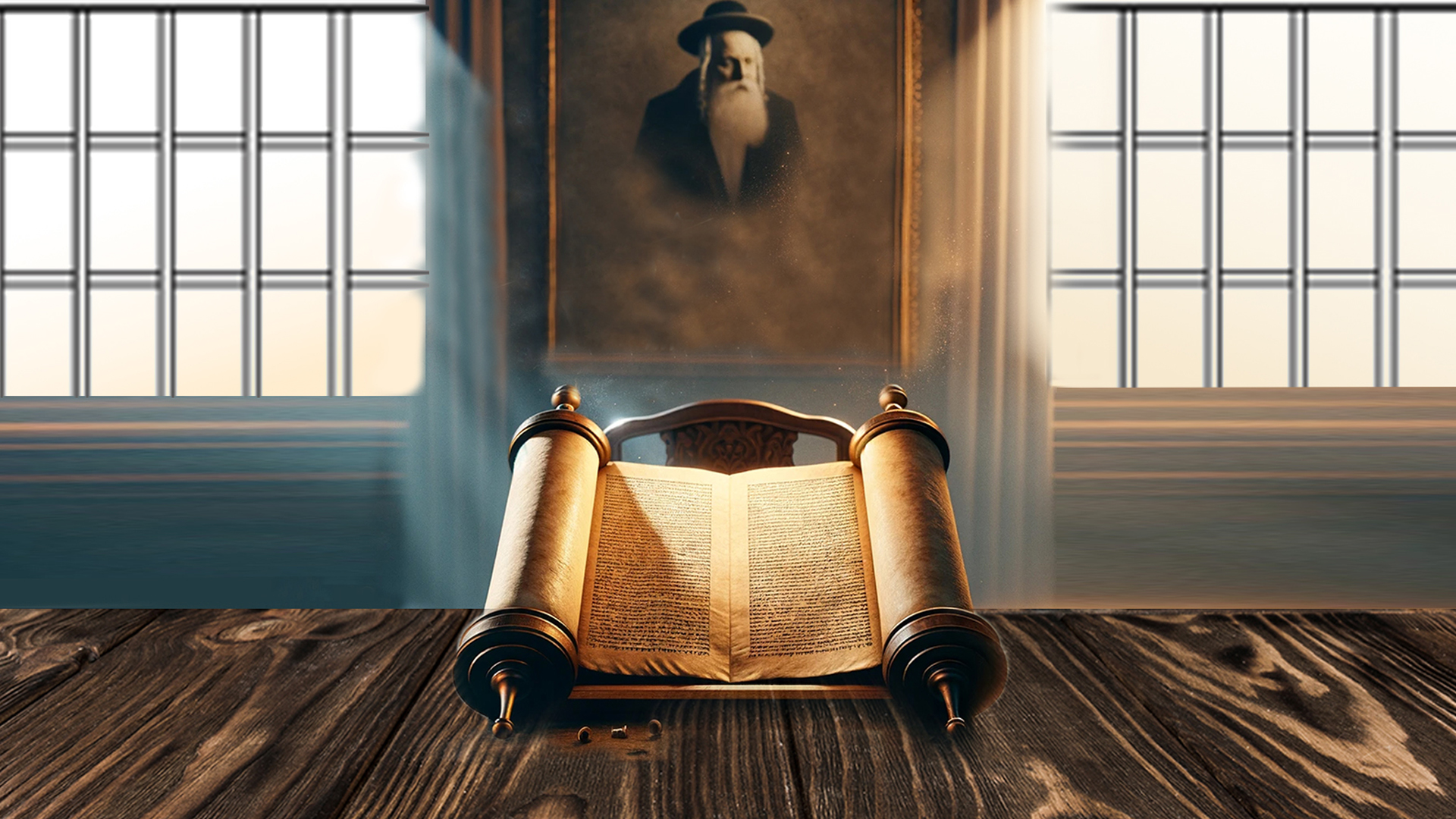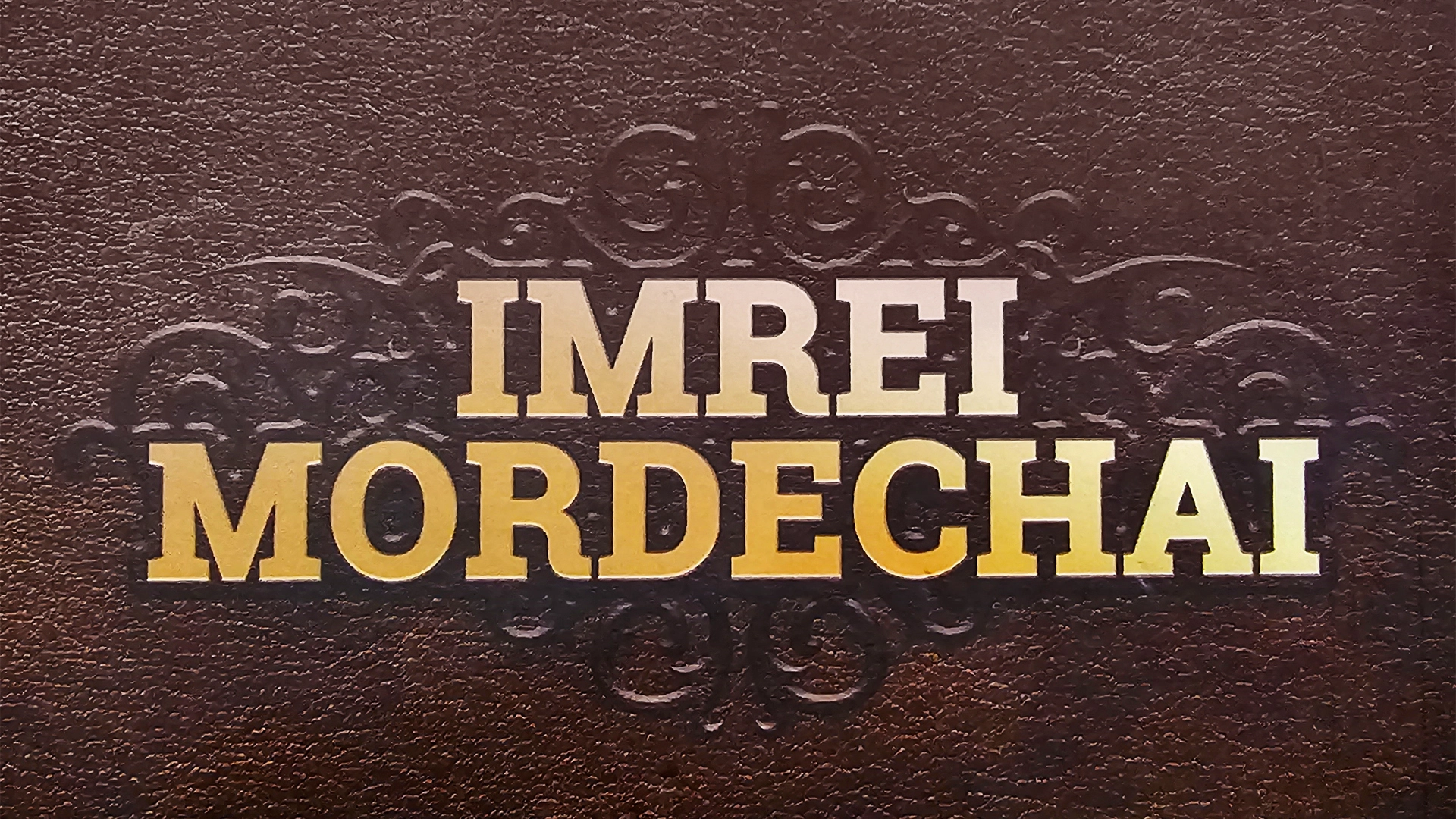September 12th, 2024 / 9th of Elul, 5784

It is said in the name of the Bircas Shmuel that two factors obligate man to act in accordance with them: the Torah and human intellect.
Thus said, as with any situation of dual influences, we must contemplate which is subservient to the other. Must the Torah align with human understanding, or must man force himself to accept the opinions and thought processes of the Torah?
On the one hand, the Talmud says many times (e.g. Bava Kama 46b; Pesachim 21b), “Why is a verse necessary; it is logical!” If one can deduce something on his own, the Torah need not explicate it. This seems to indicate that Torah and human logic are on par with each other.
However, it is obvious that if the Torah were to state something explicitly that is contrary to our logic, we are incumbent to accept it. Our logic must be flawed. The question arises only when it is not so clear. For example, if I have a line of reasoning which can fit with Torah if I adjust its literal interpretation: is this acceptable? Or if my reasoning creates a question on a verse, or forces me to formulate a new, arguable explanation in it. Can I retain my argument as a possibility, or is it annulled immediately if it doesn’t concur with the straightforward meaning of the Torah?
The simple truth, as every Torah scholar knows, is that we must submit our thinking to the Torah’s mindset, and not the contrary.
Let us go deeper into the concept of deferring our logic to the Torah. When we said, “we will listen” at the Giving of the Torah, it indicated not merely hearkening to its words, but also yielding to “da’as Torah.” Generally, people are independent-minded, viewing their way of thinking as the correct one. If they hear something that doesn’t coincide with it, it is dismissed. However, when it comes to Torah, this is not the correct approach. Torah is pure truth and we must nullify our own opinions if they contradict it. Many comments of Tosafos throughout Shas end off with an unresolved question; they just leave it as is and continue with their next entry. After laboring to understanding the Torah, if in the end we remain unclear, we must “hear” the Torah’s “voice,” and silence our own.
A higher level of this concept was displayed by Rabbi Barcuh Ber, the Rosh Yeshiva of Kaminetz. When the first publication of the Chazon Ish was released, a critique of the sefer of Rav Chaim Halevi Soloveitchik, a copy was presented to Rav Baruch Ber. Usually, when he learned from a new Torah work, he would comment upon it to his students in the ensuing days. This time, however, he said not a word! His students asked him about it, and he replied that he cannot comment; he was sad. Why? “Instead of investing effort to understand my Rebbe, he labored to argue with him.” Now, the Chazon Ish certainly had his reasons for what he did, but Rav Baruch Ber nullified his personal opinions before those of his Rebbe to such a degree that he couldn’t bear anyone arguing with him. To him, the words of Rav Chaim were like Torah from Sinai; if they seemed to lack a firm base, one had to toil to comprehend them. The Chazon Ish was regarded as a contemporary to Rav Chaim and thus had authority to dispute him, but Rav Baruch Ber refused to read any criticism about his Rebbe’s words. I heard this from Rav Chaim Zimmerman.
Rav Isaac Sher added a new dimension to this concept of submitting our thinking to that of the Torah. It means that no logic can exist unless it derives from the Torah. We may have many ideas and theories; we must evaluate them based on Torah. From where does the thought originate? If we can find a source for it in the Torah, it is valid. If not, it came from other sources — like newspapers, the street, some book… Rabbi Sher stated it succinctly: “It is not as we think, that we can fabricate any explanation on something mentioned in the Talmud. Rather, it needs a well-grounded proof, and must be unarguably clear.”
When we put together a shiur based on comments of Rav Chaim or Rav Elchanan Wasserman, we must know that they didn’t just make up their own opinions and reasoning. Everything they said was based solidly on proofs from the Torah, so their words also become Torah. But not everyone’s suggestions are Torah, if they are crafted independently.
Thus, I often respond to those offering their logical arguments to me, “This sounds good but needs to be checked out.” I mean that it requires checking if the idea cam from the Torah, or from the street.
Novel ideas may be originated, if they are inspired by Torah. If a compelling question of the Torah leads to a new theory, as the only option of explanation, that too becomes Torah.
Thus, this is the intention of “we will listen” — we will force ourselves to try to understand the logic of our Rab. Indeed, the Gemara (Avodah Zarah 5b) writes that a student cannot fully comprehend his Rebbe’s opinions until 40 years have elapsed. Rav Chaim Zimmerman would relate: Rav Boruch Ber once made a seudah to celebrate finally understanding his Rebbe Rav Chaim’s explanation on “those who savor it will merit life.” It took him years to understand it! One needs to toil to fathom his Rebbe, even for years, and force his mind to be submissive to the Torah.
Excerpted with permission from Imrei Mordechai, Vol. 2, A Collection of Inspirational Insights from the “Mussar Shmoozes” of HaGaon Rabbi Mordechai Goldstein Ztzvk”l, The Imrei Mordechai Institute, Diaspora Yeshiva Toras Yisrael, Mount Zion, Jerusalem, Kislev 5779.

Share This!
From beginner to advanced, if you’re a Jewish man, 18 to 35 years of age, and you’re ready to give your heart to HaShem, and to get serious about learning Torah, Diaspora Yeshiva has a place for you with us on Mount Zion, Jerusalem.